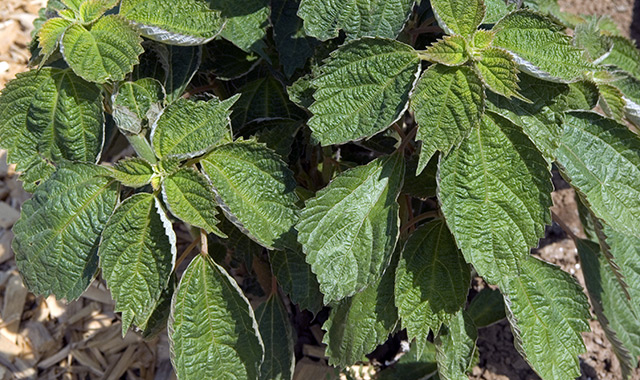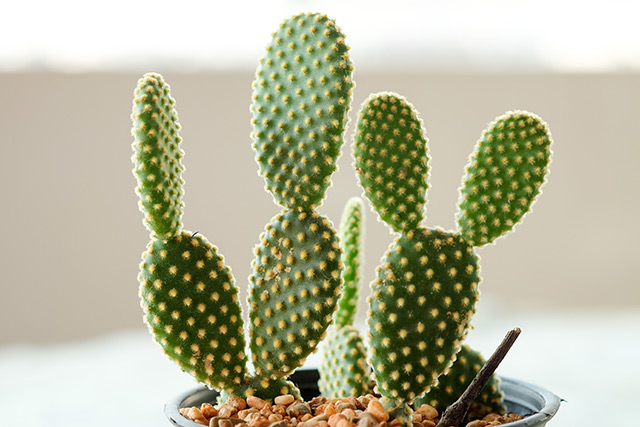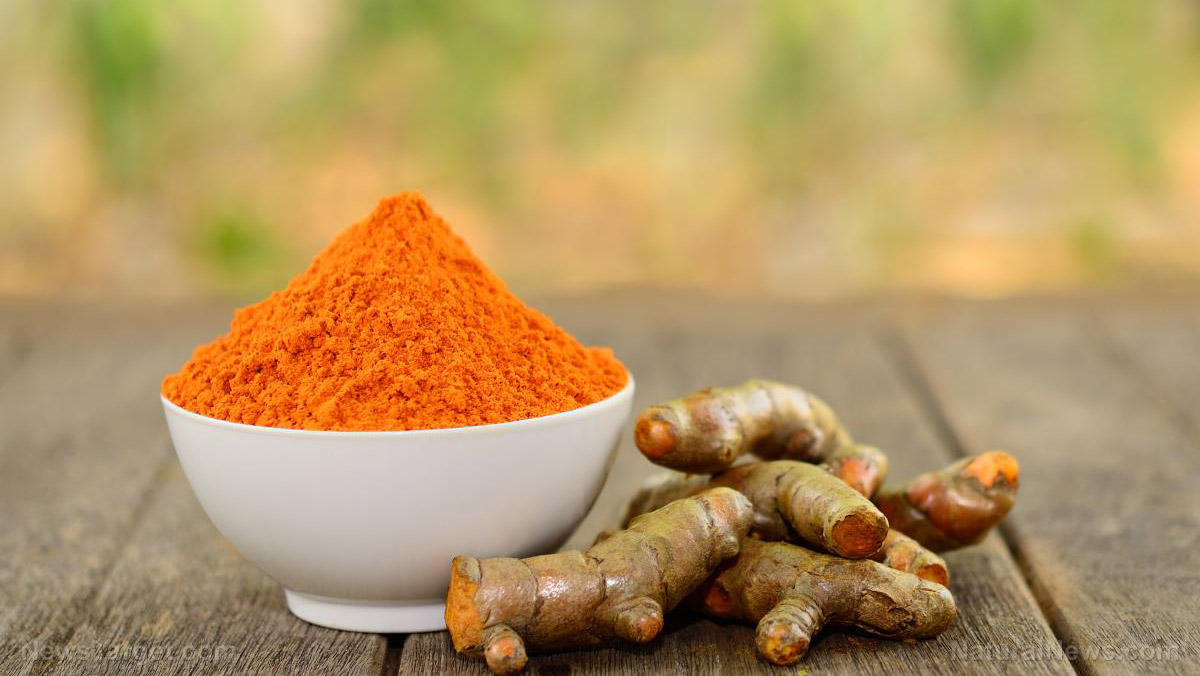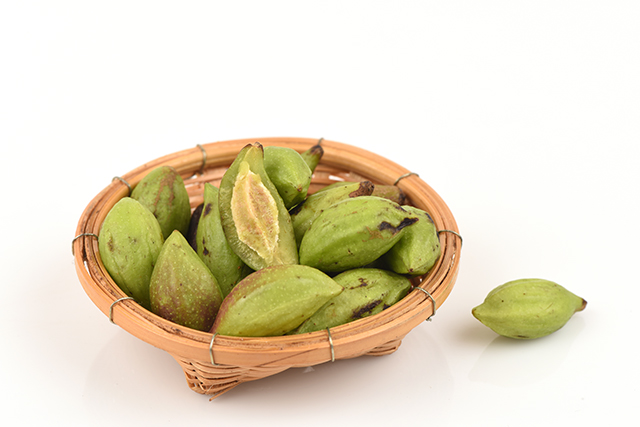Good for your skin too: Topically applying dong quai can improve pruritus
01/03/2019 / By RJ Jhonson
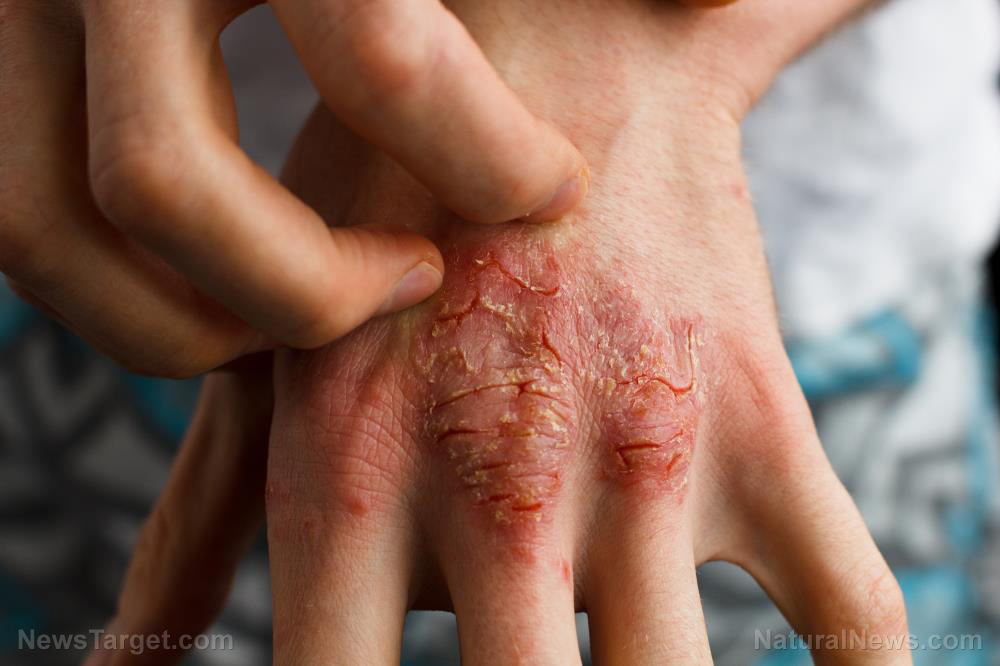
Dong quai (Angelica sinensis), also known as female ginseng, is a medicinal plant widely used in traditional Chinese medicine. A study found that among its various medicinal benefits is the ability to provide relief from atopic dermatitis, otherwise known as eczema.
In the study, the researchers induced eczema in mice by applying 2,4-dinitrochlorobenzene (DNCB), a skin irritant known for causing skin allergies. Dong quai was then applied to the affected areas for 11 days.
The researchers found that with repeated applications, dong quai was able to inhibit the thickening of the affected area of the skin. Thickened and irritated skin is one of the hallmark effects of eczema. The treatment also reduced the number of histamine-producing mast cells and of serum immunoglobulin E, both of which tend to occur prominently in people with eczema.
Furthermore, the treatment caused a reduction in the expression of pro-inflammatory proteins that are responsible for the skin inflammation that characterizes eczema. All these changes contributed to a decrease in scratching behavior among the animal subjects.
These findings led the researchers to conclude that dong quai can indeed be used as a topical treatment for the itchiness and inflammation caused by eczema. The authors did admit, however, that further studies are needed to validate the results of their study.
The study was published in the Journal of Medicinal Food.
Fast facts about eczema
Atopic dermatitis is a condition that causes red and itchy skin. Although more common in children than in adults, it can occur in people of any age.
It is a chronic condition that has no cure, which means people who have it will experience periodic flare-ups throughout their life. Avoiding common triggers, however, as well as taking certain specific steps, can help in managing the condition, its symptoms, and its complications.
The following tips may ease the symptoms of atopic dermatitis:
- Moisturize skin at least twice a day – Dry skin can increase the severity and incidence of flares, so keeping one’s skin moisturized is key. Creams and lotions formulated to seal in the skin’s moisture will help a lot. For best results, it’s best to choose products made from natural ingredients.
- Identify what triggers the condition – Atopic dermatitis may be triggered by particular factors, including stress, dust, chemicals, and even obesity. Food, such as wheat, eggs, milk, and soy, may also trigger a flare. It’s important to identify which factors worsen or initiate the condition’s symptoms and avoid them.
- Shorten bathing time – Taking a bath is essential for good health, but doing it very often dries the skin. Spending too much time under the shower can also worsen the condition. To prevent or minimize flares, it’s best to limit one’s bathing time to just 10 to 15 minutes. Using warm, instead of hot, water may also help provide relief.
- Use gentle soaps – The harsh chemicals used in deodorant and antibacterial soaps strip the skin of its natural oils and moisture. Instead of using these products, one needs to choose soaps made from mild ingredients that won’t irritate or dry the skin.
- Be careful in drying oneself – Vigorously wiping oneself with a towel can be risky for people with atopic dermatitis. Instead, gently pat the skin dry with a soft towel. Applying moisturizer while the skin is still damp will also help keep moisture in place.
Learn how to soothe the symptoms of eczema through natural means at Remedies.news.
Sources include:
Tagged Under: Angelica sinensis, anti-inflammatory, anti-pruritus, atopic dermatitis, dong quai, eczema, female ginseng, food as medicine, herbal treatment, itchiness, medicinal food

